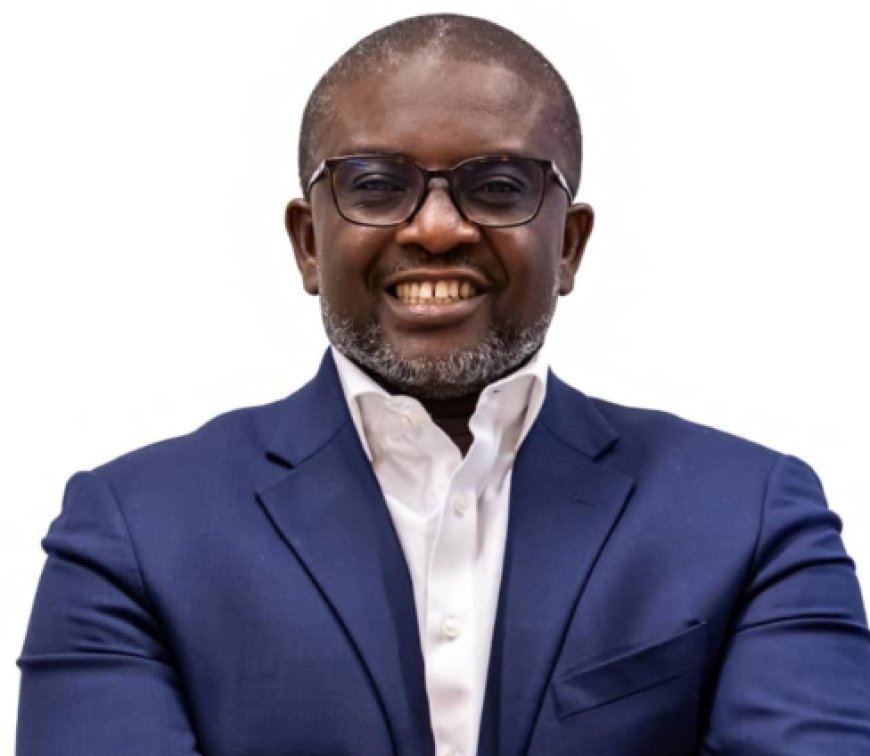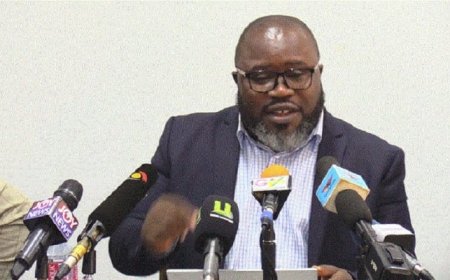Bawku’s Unfinished Lessons: The urgent call to activate Ghana’s education in emergency plan for continued learning
Prolonged conflict in Bawku has left thousands of children out of school, prompting urgent calls to activate Ghana's Education in Emergency (EiE) plan. Stakeholders stress that continued learning is a right, not a luxury, and demand immediate implementation of alternative education methods to bridge the gap.

Bawku’s Unfinished Lessons: The Urgent Call to Activate Ghana’s Education in Emergency Plan for Continued Learning
As gunfire replaces the sound of school bells in Bawku, the dreams of thousands of children have been abruptly placed on hold. With the conflict in the Upper East Region showing no sign of resolution, education advocates, civil society organizations, and community leaders are raising a red flag: it’s time to activate Ghana’s Education in Emergency (EiE) plan.
The EiE framework—developed to ensure learning continues during crises—remains largely dormant, despite the worsening situation. Classrooms have shut down, teachers have fled, and parents are living in fear, unsure when—or if—their children will return to school.
“Education is a right, not a casualty of conflict,” said one local education officer. “These children cannot afford to lose another academic year. We need immediate solutions—mobile classrooms, radio lessons, psychosocial support, and government-backed coordination.”
UNICEF, GES, and NGOs have long warned that disruptions to education during emergencies can lead to long-term losses in literacy, skill development, and societal cohesion. In Bawku, where ethnic tensions have sparked repeated violence, the absence of formal education further deepens divisions and endangers the next generation’s future.
Residents and education stakeholders are urging the Ministry of Education to collaborate with humanitarian organizations to roll out EiE interventions such as:
-
Remote learning platforms (radio, mobile, and community teaching)
-
Safe learning spaces in host communities
-
Mental health and psychosocial support for affected students and teachers
-
Provision of school materials for displaced learners
The time for policy on paper is over. The children of Bawku need classrooms, not silence. If Ghana is serious about equity and resilience, then education must not be paused—it must be protected, especially in conflict zones.
What's Your Reaction?


















































































